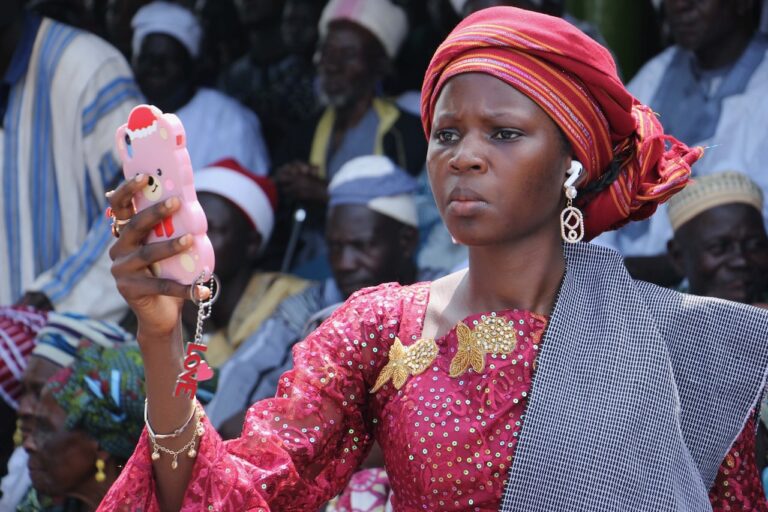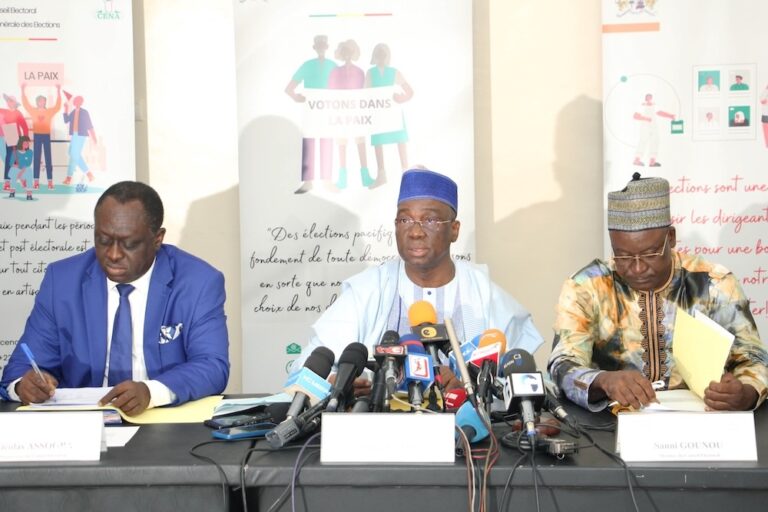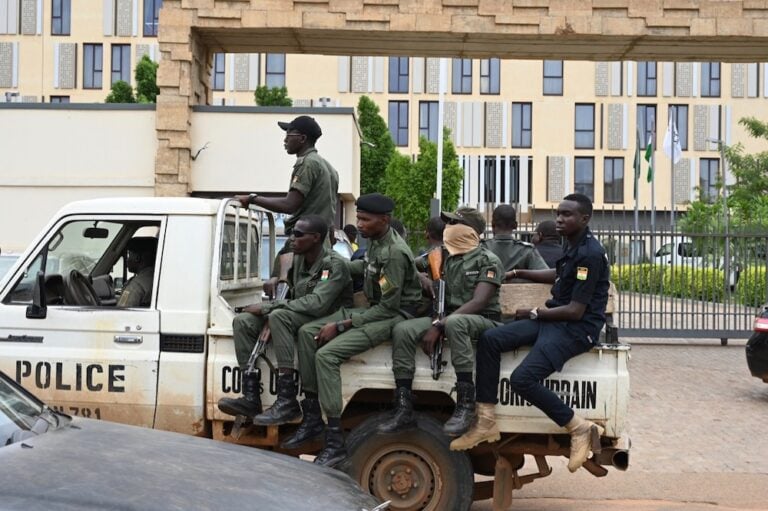In an intensified crackdown on freedom of expression and media freedom in Benin, 2 protestors were killed, a journalist arrested and detained and the internet temporarily shutdown.
This statement was originally published on mfwa.org on 7 May 2019.
Over a period of two weeks (April 18 and May 2, 2019), two protesters have been killed, the internet has been shut down, and a journalist has been arrested and detained over false publication charges, as the authorities in Benin go on the rampage against freedom of expression and assembly.
On April 18, the security forces stormed the home of Casimir Kpedjo, the manager of the private online magazine Nouvelle Economie and took him into detention at the Xlacodji brigade of the Gendarmerie in the economic capital, Cotonou.
In two articles published on the official Facebook page of his newspaper, the journalist had criticised a euro bond issued by the country, and made a gloomy analysis on the economy.
Following the publications, the state institution in charge of external finances, Caisse autonome d’amortissement, filed a complaint of economic sabotage against the journalist leading to his arrest. Accused of disseminating false information about the economy of Benin, Kpedjo was put before court on April 23.
“He was arrested for having broadcast on social media, on the Facebook page of his newspaper, two articles of La Nouvelle Economie, notably in the No. 126 and 127 editions of the newspaper which contained information said to be false on the economic performance of Benin,” the journalist’s lawyer, Renaud Agbodjo, told the media.
For a country that has decriminalised libel, Benin should not be prosecuting a journalist for his critical, even if erroneous, diagnosis of the Beninois economy, especially when the government has several avenues to rebut the information.
Ten days after the arrest of the journalist (April 28), the authorities disrupted social media networks in the country before shutting down the entire internet grid as tension mounted over the decision to proceed with legislative elections from which all opposition candidates had been disqualified.
“Impossible to communicate via social networks in Benin; Facebook, telegram, WhatsApp, Twitter etc. No platform of social networks has functioned in this country over the past few hours. They are all shut this Sunday, April 28, 2019, polling day,” reported lanouvelletribune.info, an online news media ahead of the total shutdown.
The internet shutdown is a clear violation of the Benin people’s right to receive and share information and a serious infraction on their economic rights, given that many people depend on the internet for their economic activities.
In the latest act of violation, two people, a man and a woman, were shot dead as the police and military quelled post-election protests with lethal force on May 1. Minister of Interior, Sacca Lafia, confirmed on RFI that live bullets were used “contrary to orders against the use of lethal force”.
From the holding of the one-sided election and the shutting of the internet, to the fatal crackdown on protesters and the arrest of the journalist, Benin has emerged with a tarnished image.
These incidents cast a dark shadow over Benin which, in 1991, organised the first elections that ushered West Africa into the current democratic era, and which has since consolidated its democratic tradition with peaceful, transparent elections and respect for human rights including freedom of expression.
MFWA is, therefore, deeply concerned about this crackdown in Benin and condemn the Patrice Talon government’s siege on press freedom, including internet freedom. We call on the authorities to drop charges against Casimir Kpedjo and to conduct thorough investigations into the killing of the two protesters in order to find the culprits and bring them to justice.



